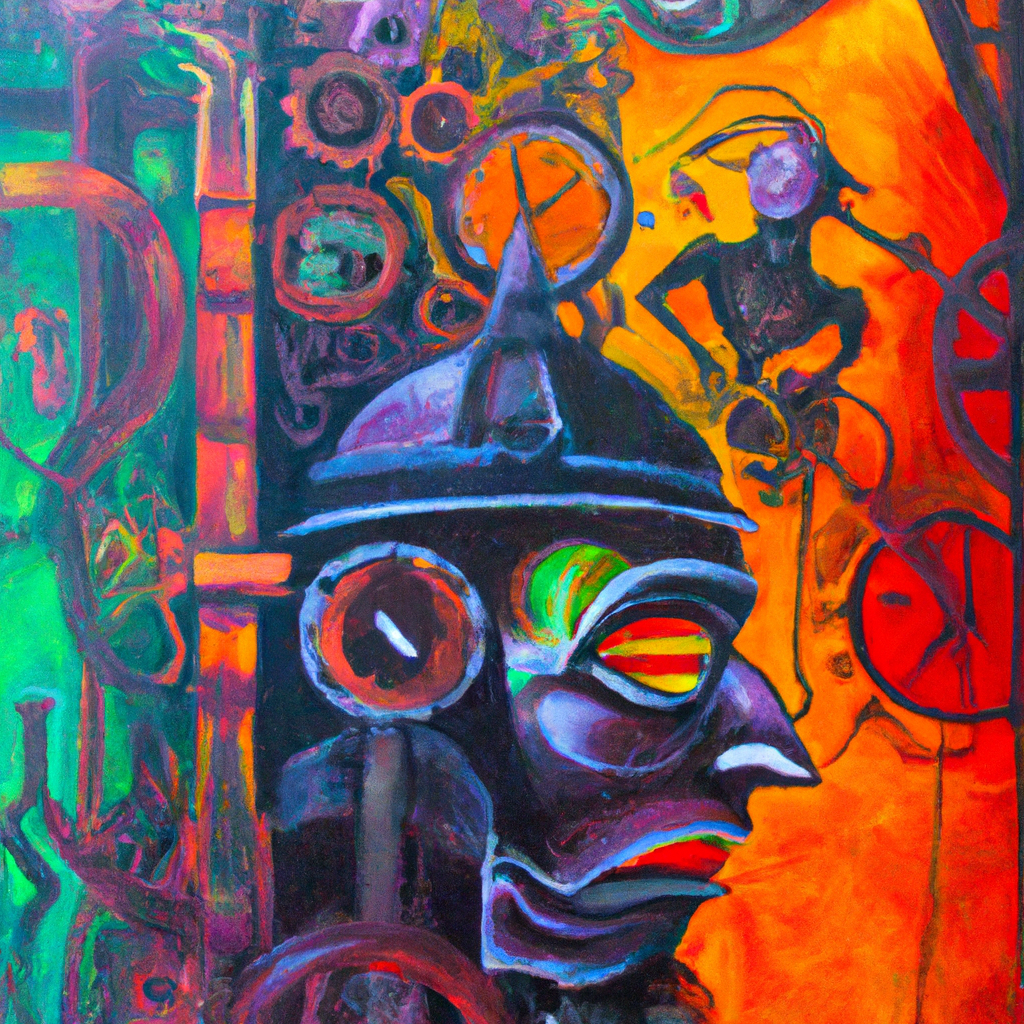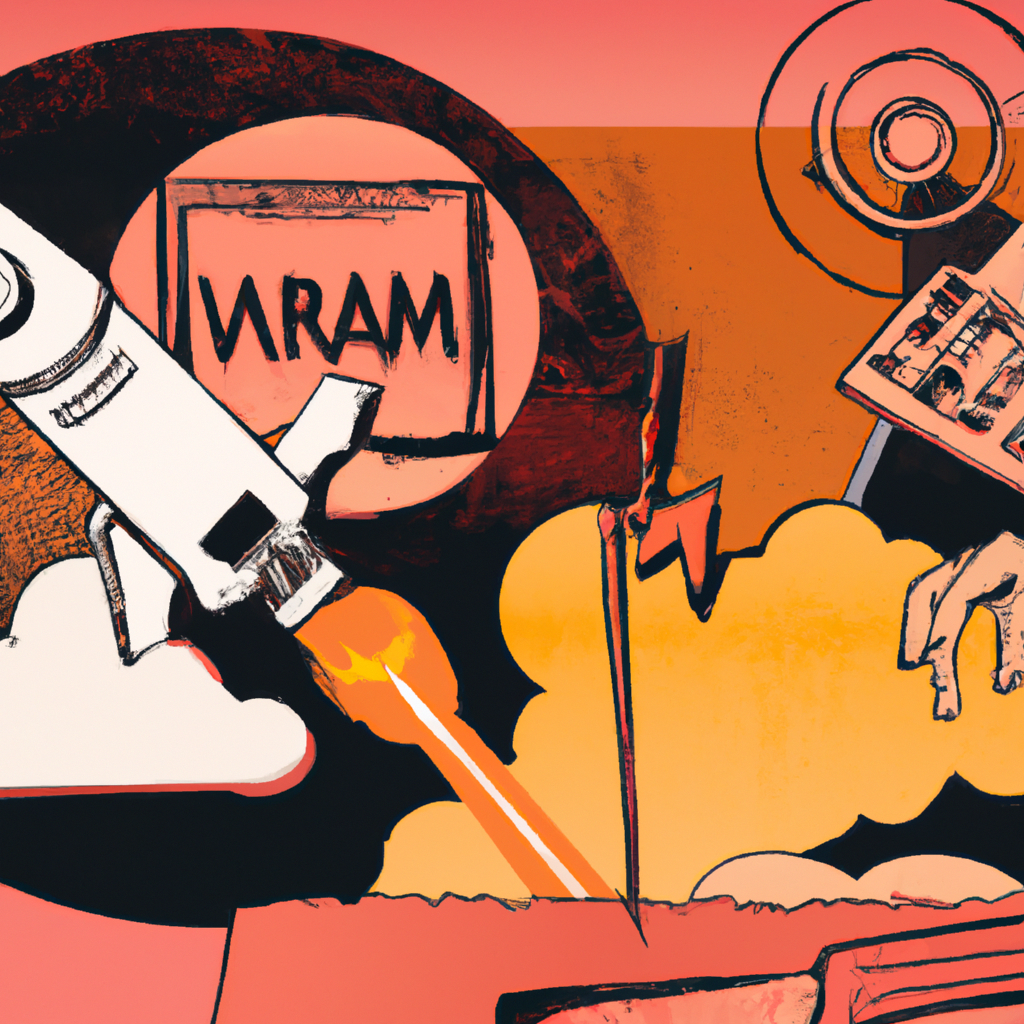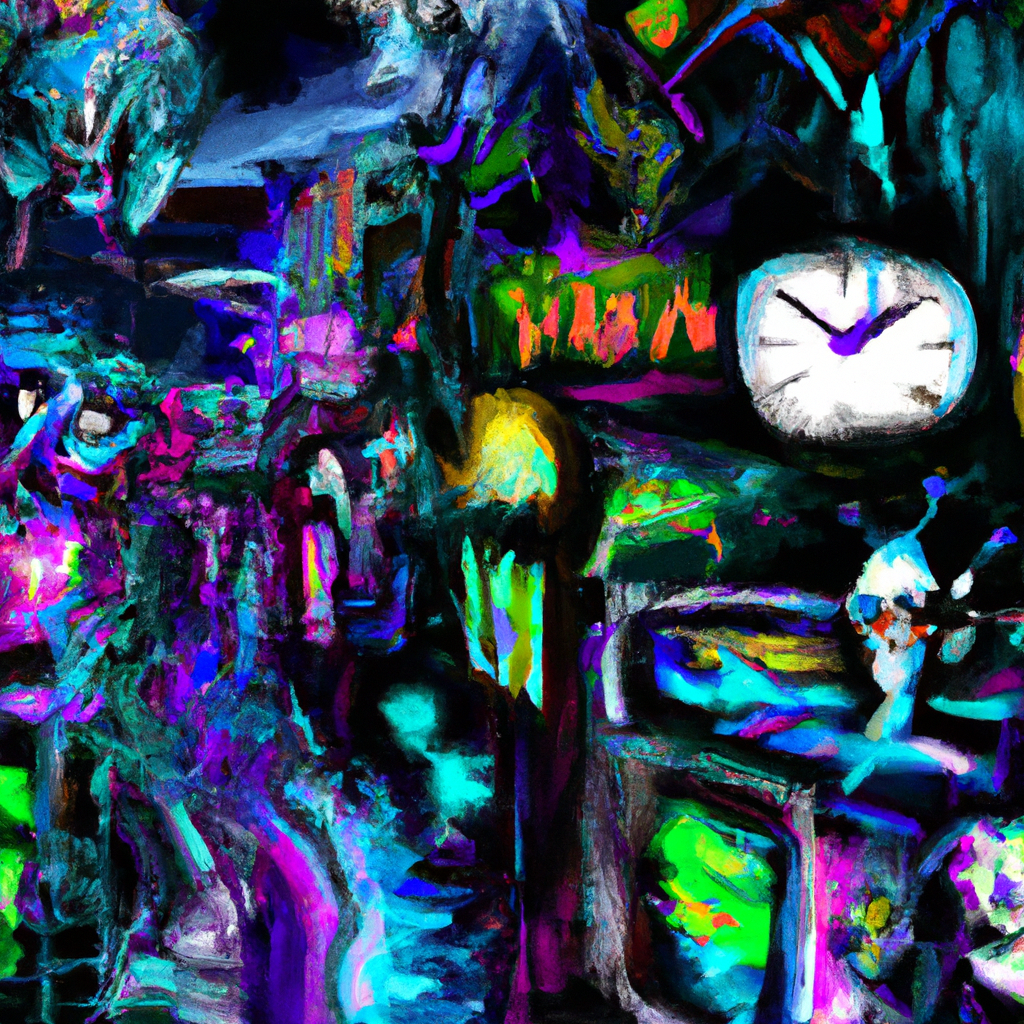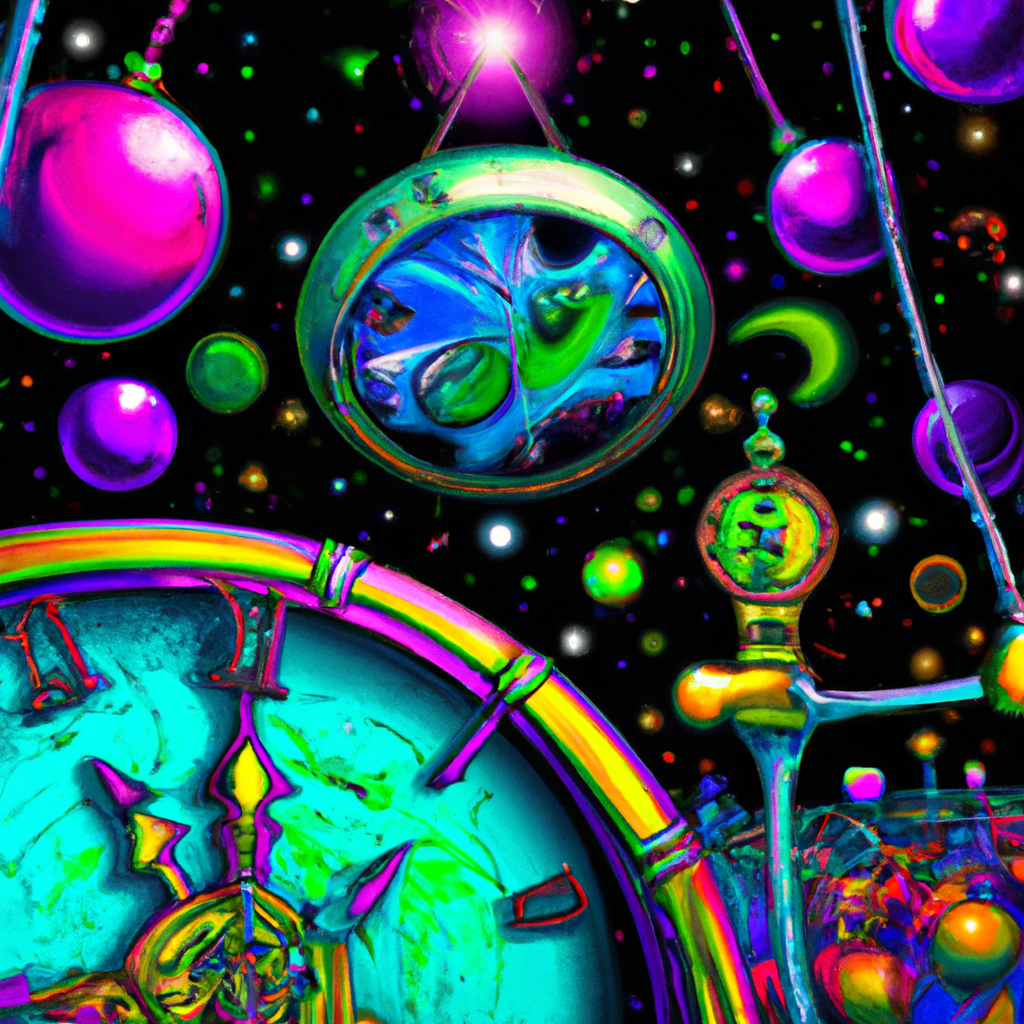Opening / Hook:
In a world where the line between chaos and order blurs like the foggy London skyline, there exists a peculiar phenomenon that challenges our understanding of reality: synchronicity. Carl Jung, the Swiss psychiatrist, once mused that life is not a series of random acts but rather a tapestry of meaningful coincidences. But what if these coincidences are merely our minds playing narrative gymnastics? Let’s unravel this cosmic yarn.
What’s Claimed:
Our journey begins on the digital streets of Reddit, where a user recounts an uncanny synchronicity—a series of events that defy the odds and suggest a hidden cosmic plan. But is there a rational explanation, or are we merely weaving meaning into the fabric of chance?
What We Found:
Upon delving into the archives of scientific thought and psychological studies, synchronicity appears less mystical and more psychological. The Baader-Meinhof Phenomenon, or frequency illusion, suggests our brains are hardwired to spot patterns and make connections, often where none exist. It’s a trick of the mind, not the universe’s blueprint. Furthermore, cognitive biases, such as confirmation bias, lead us to remember the hits and forget the misses, enhancing the illusion of synchronicity.
Cultural Context or Why It Matters:
In a society craving certainty amidst chaos, synchronicity offers the allure of a guiding hand. It’s the ultimate narrative comfort food, blending destiny with daily life. But should we let coincidences dictate our path, or is it time to reclaim the steering wheel from these cosmic co-pilots? Are we the architects of our fate, or mere puppets on strings we cannot see?
The Receipts:
- “The Illusion of Synchronicity,” Scientific American. scientificamerican.com
- “Frequency Illusion: How Our Brains Trick Us,” Psychology Today. psychologytoday.com
- “The Psychology of Coincidences,” BBC Future. bbc.com
Verdict: Misleading — Synchronicity is often a psychological trick rather than evidence of cosmic intervention.





